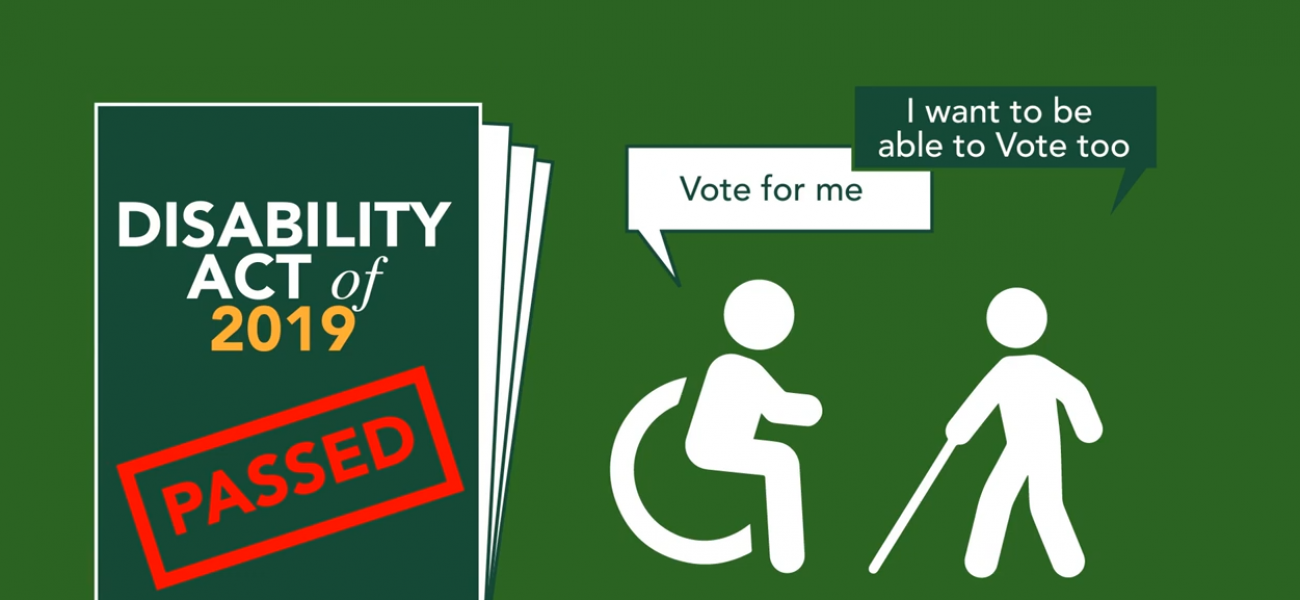In January 2019, President Muhammadu Buhari signed the Discrimination Against Persons with Disabilities (Prohibition) Bill into law. The law, commonly known as the Disability Act prohibits discrimination against persons with disabilities and stipulates sanctions for violations. Advocating for the inclusion of marginalised groups, including persons with disabilities (PWDs) in the process of policy making, and improving their participation in the governance process have been a major part of civil society advocacy in Nigeria and indeed, around the world.
The passage of the Disability Act was a welcome development for civil society actors and an achievement following many years of advocacy. Among other provisions, the Act stipulates a five-year transitory period for public buildings, structures and facilities to be modified and made accessible to persons with disabilities. With two years gone and three years left for full implementation, it is important that advocacy is strengthened around the subject of implementation to ensure compliance by public institutions. This may include close monitoring of the expenditure of government ministries, departments and agencies, to ensure necessary modifications to improve access of their respective facilities to PWDs. See PLAC’s Factsheet on the provisions of the Discrimination Against Persons with Disabilities (Prohibition) Act: https://bit.ly/3mhLXHk

